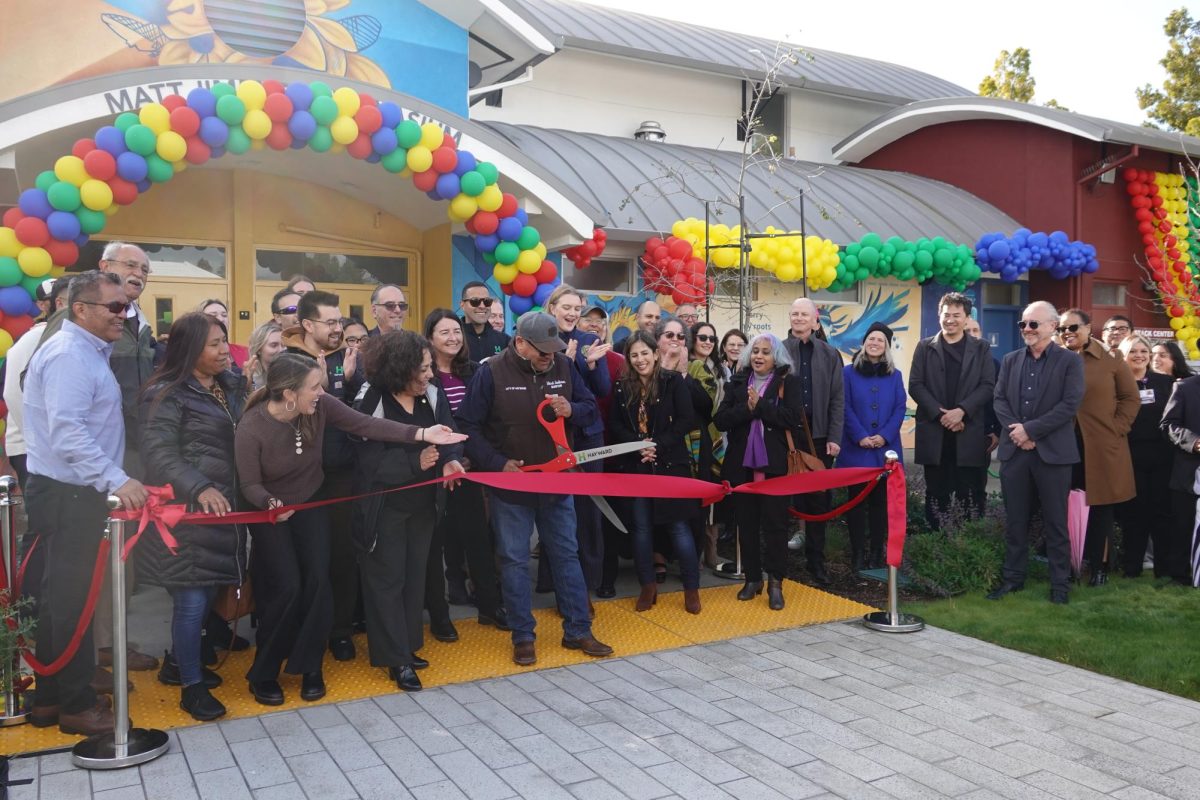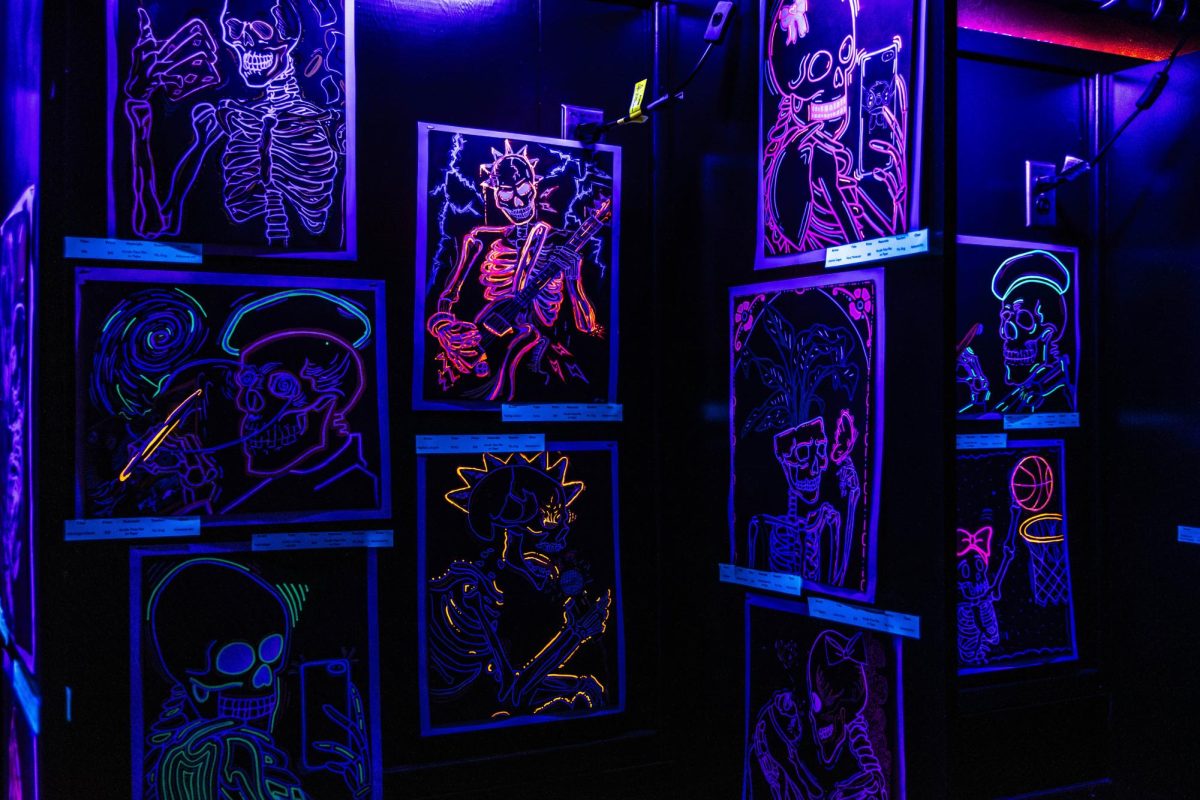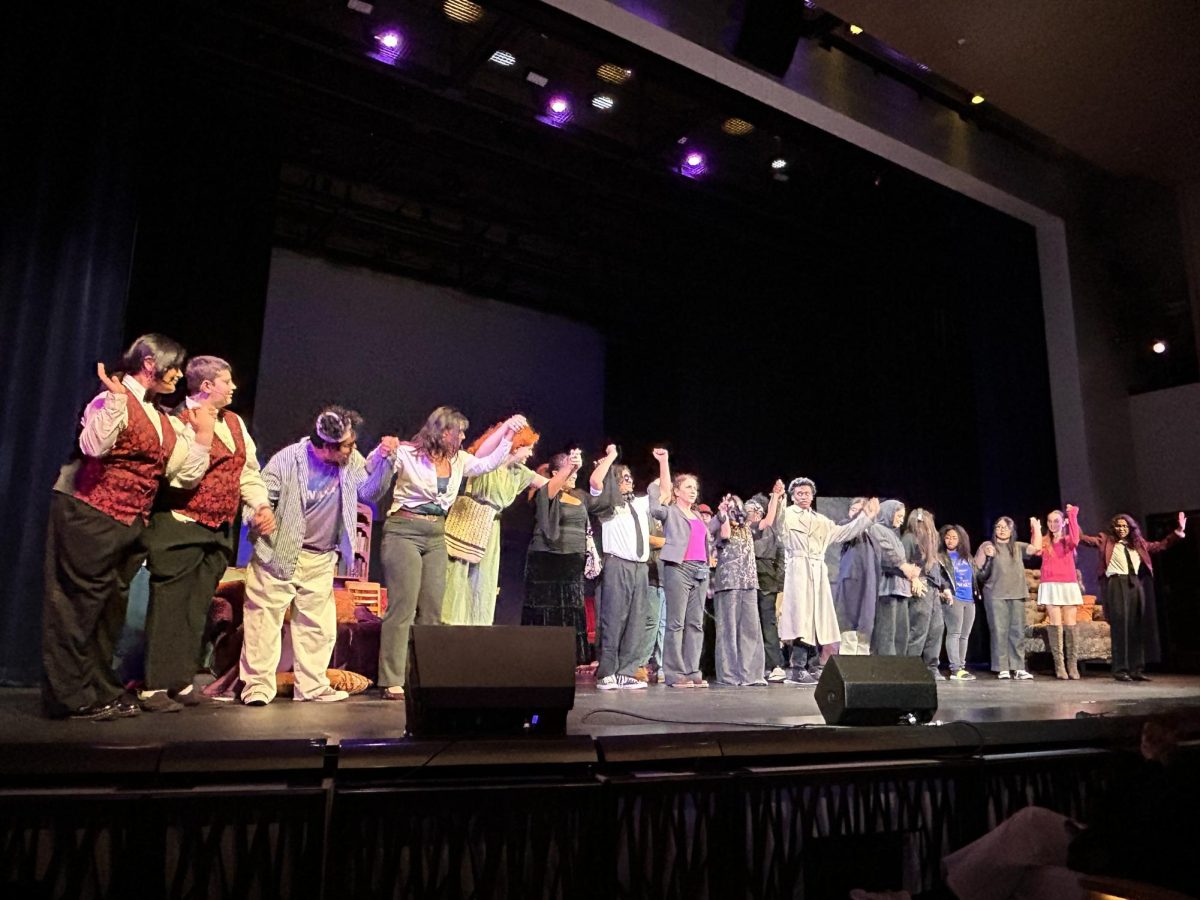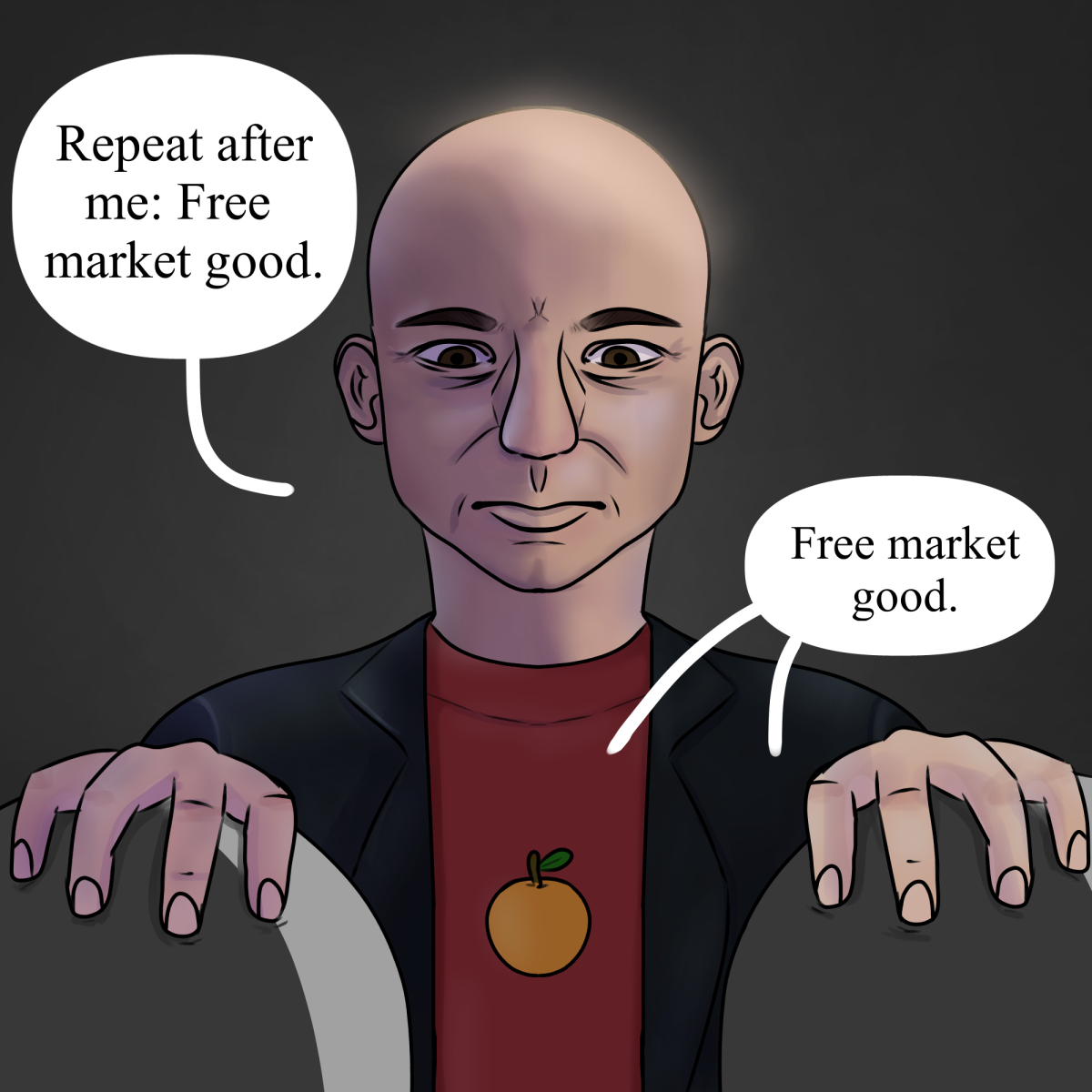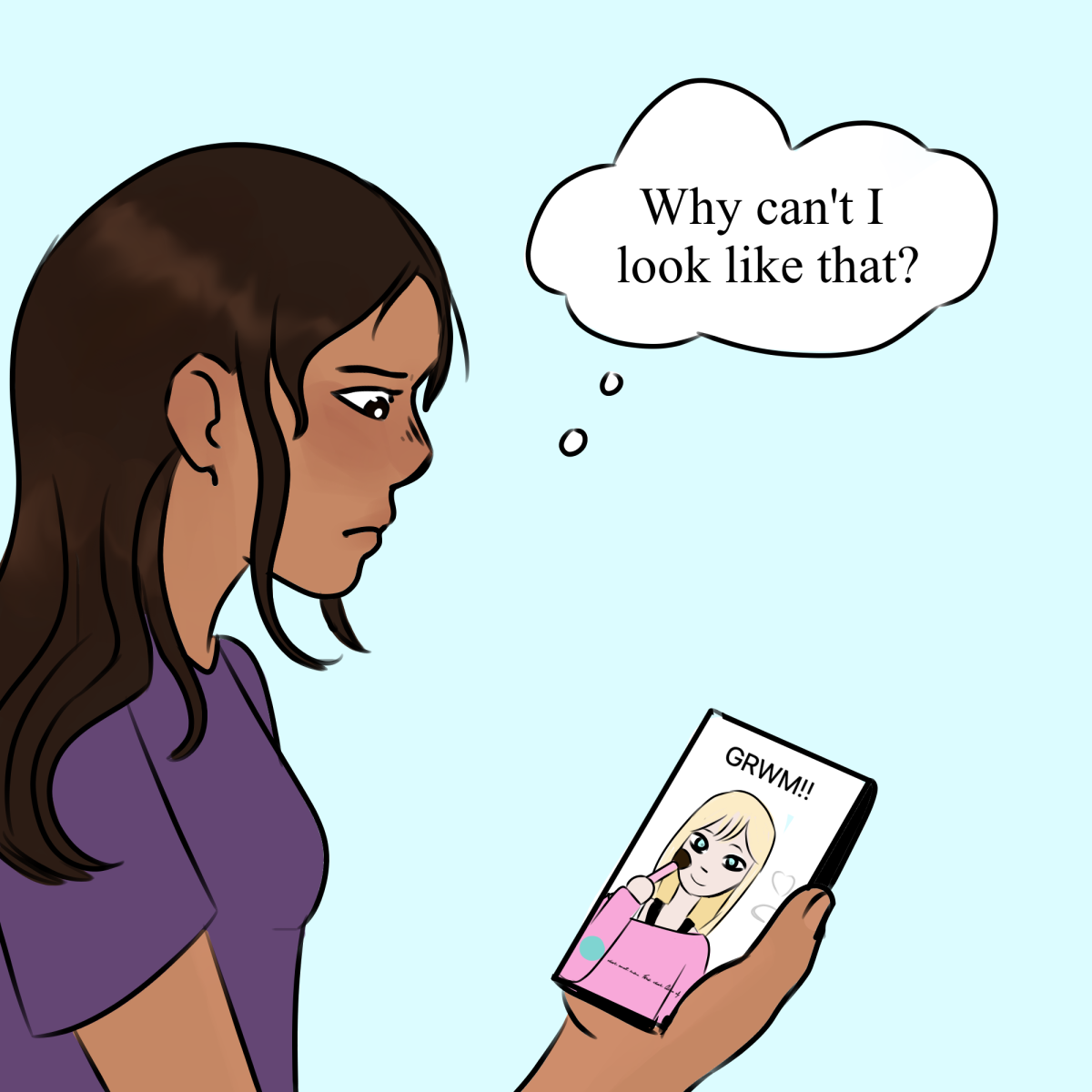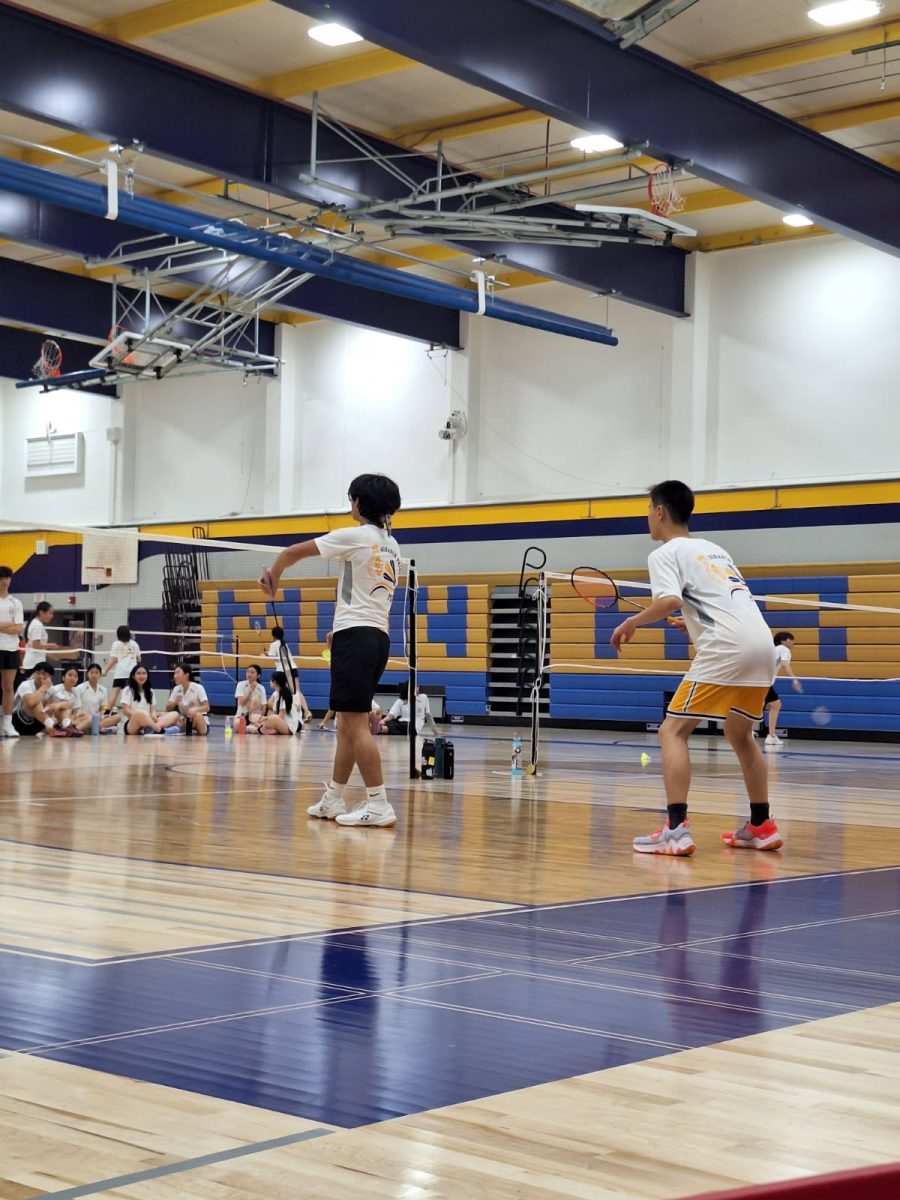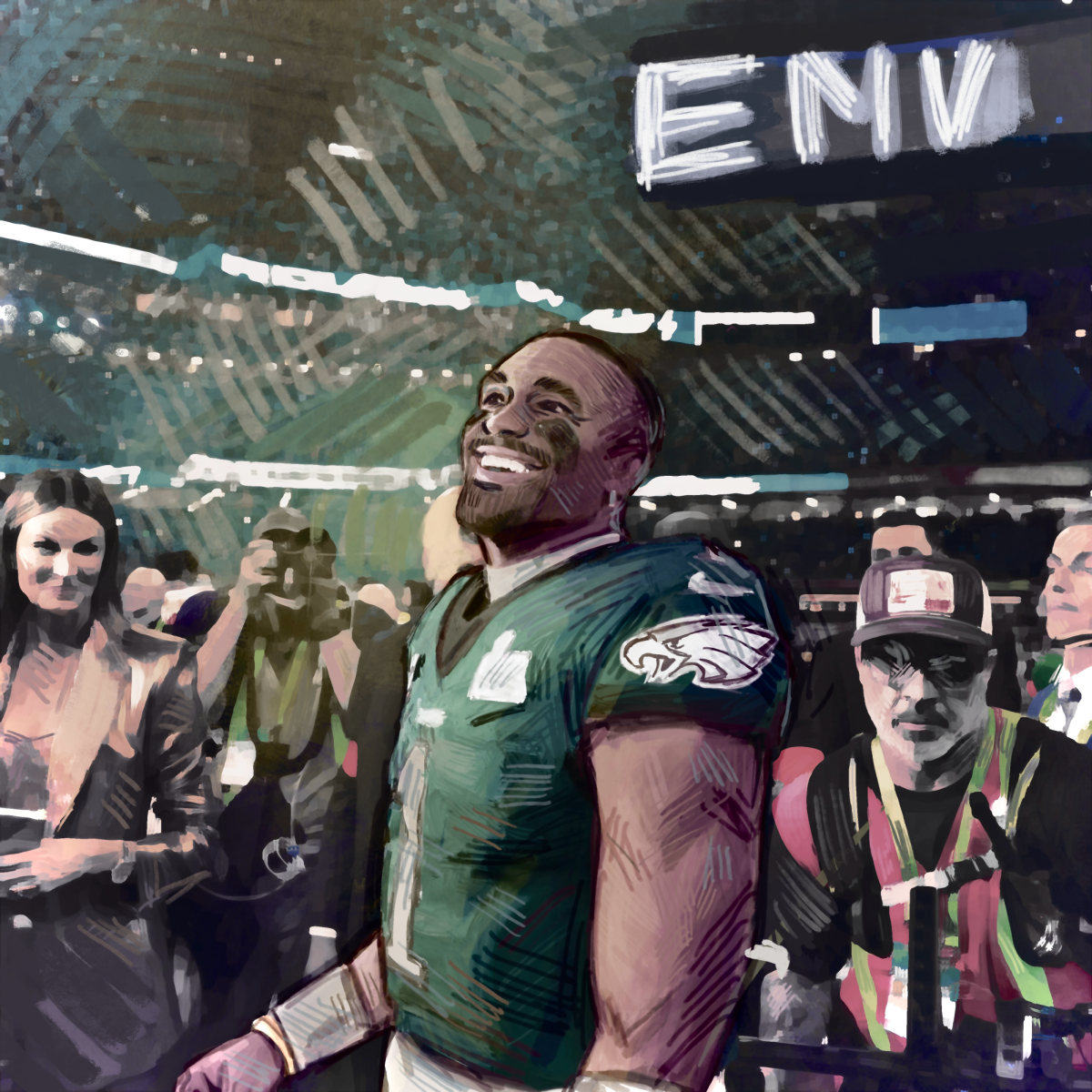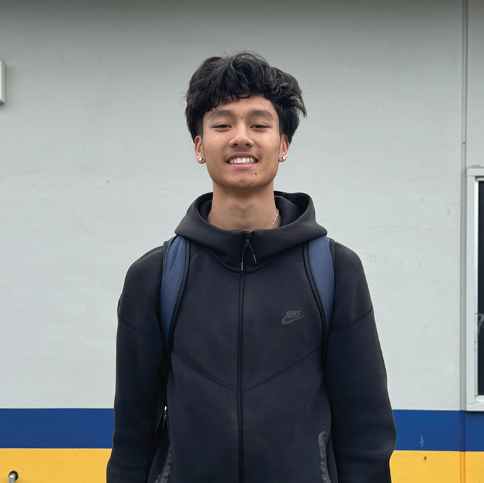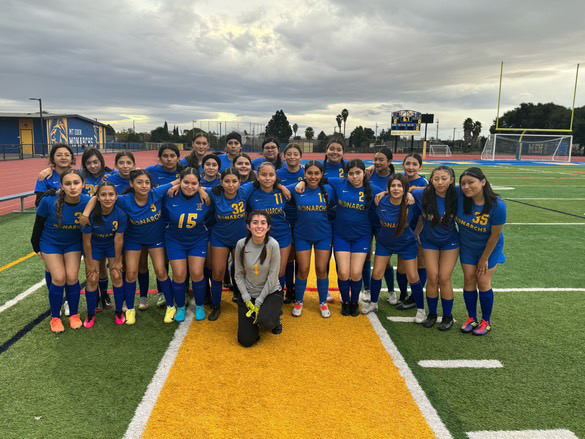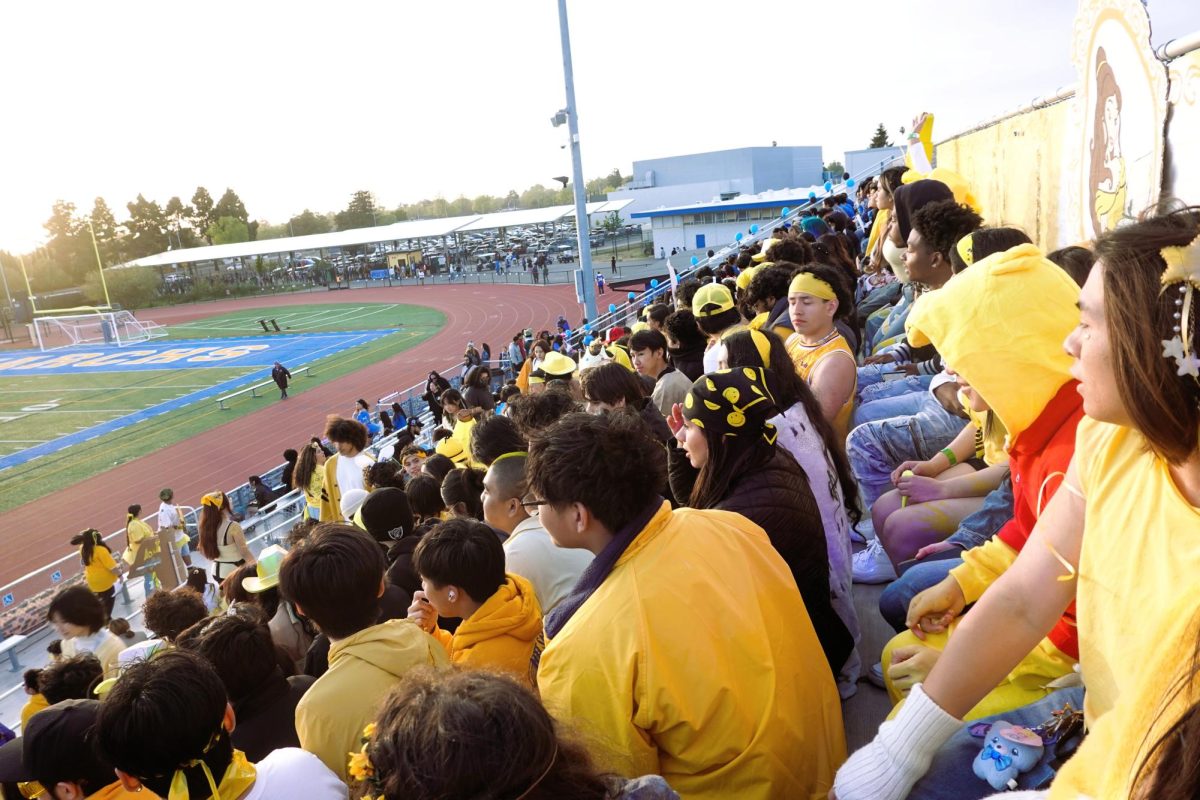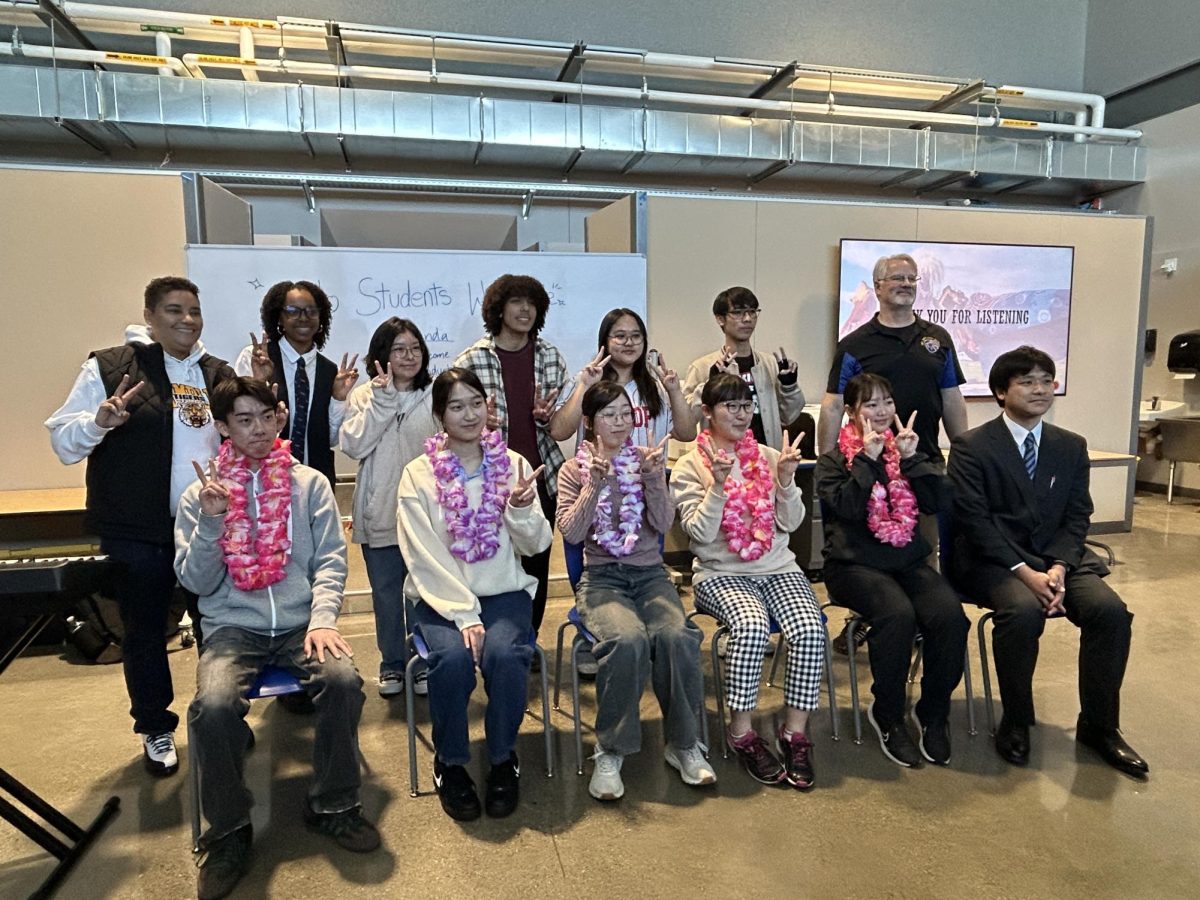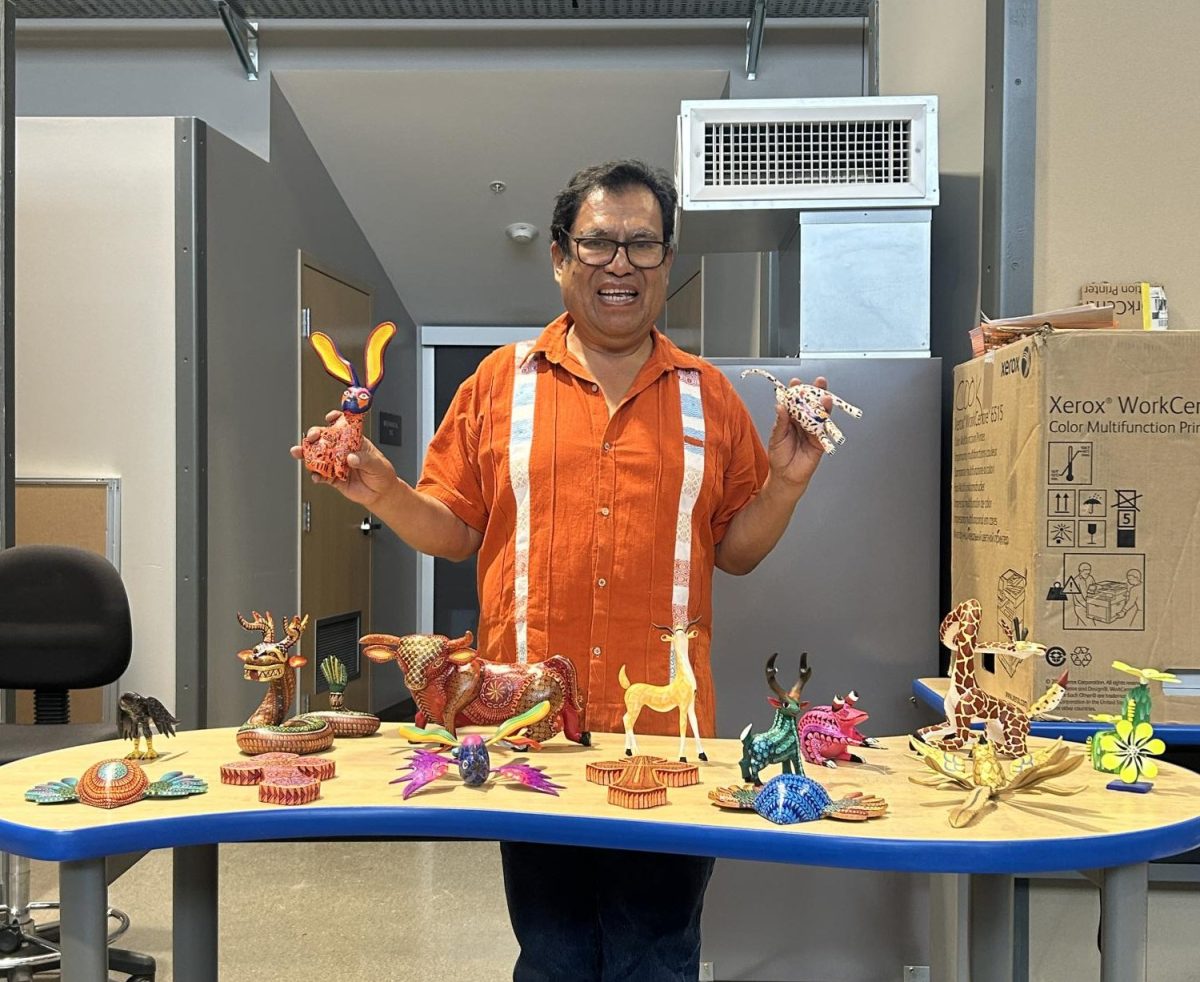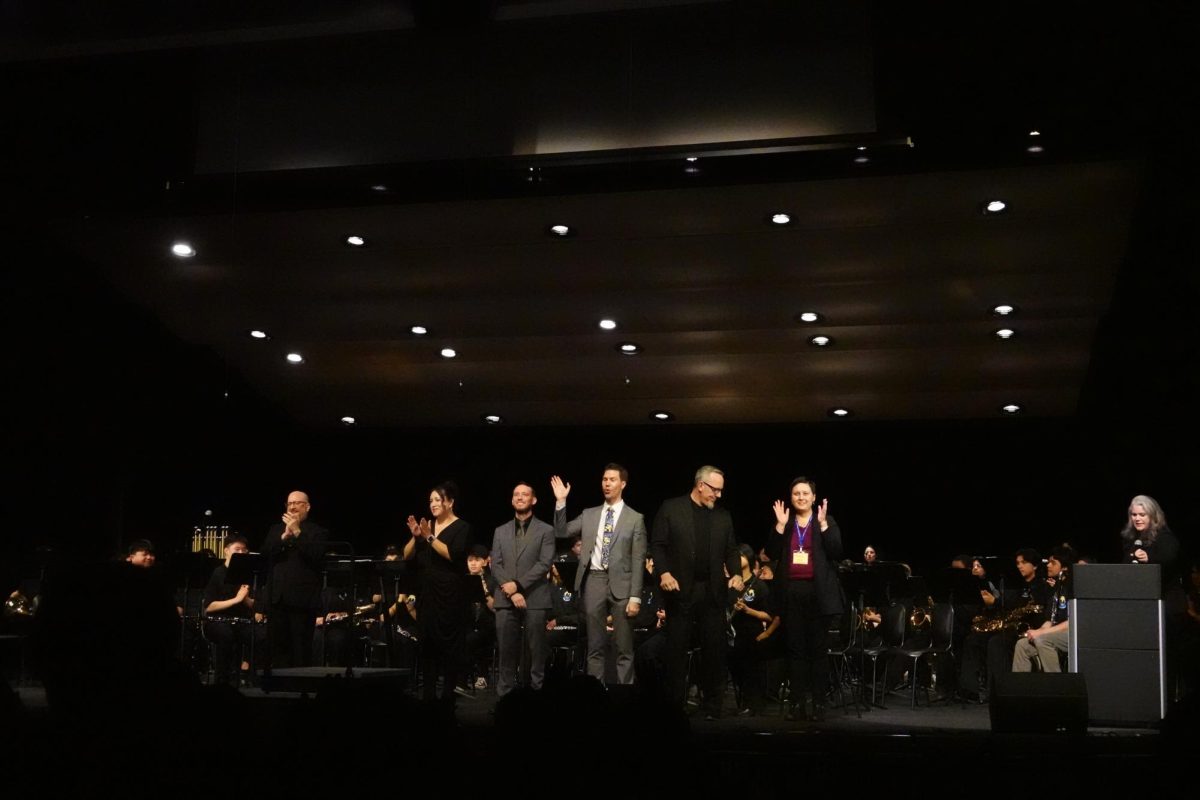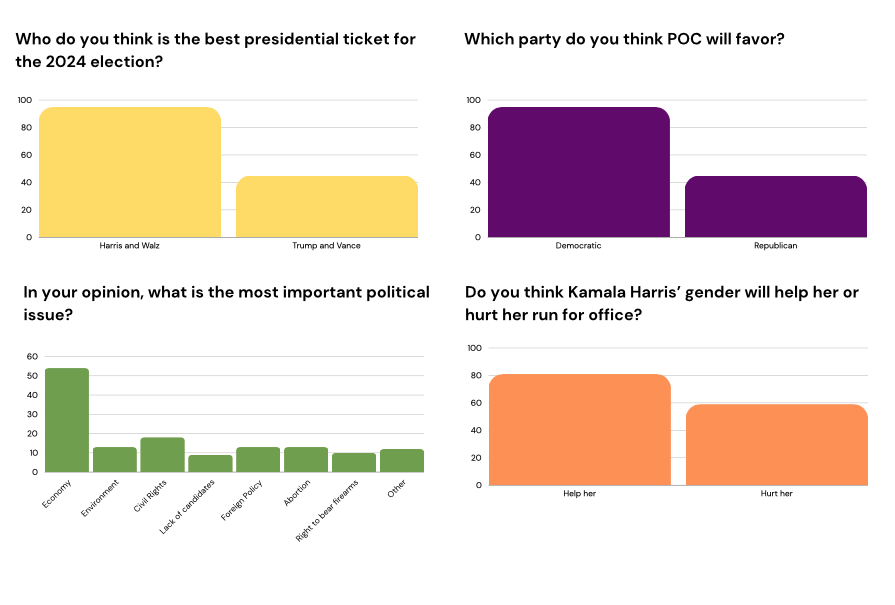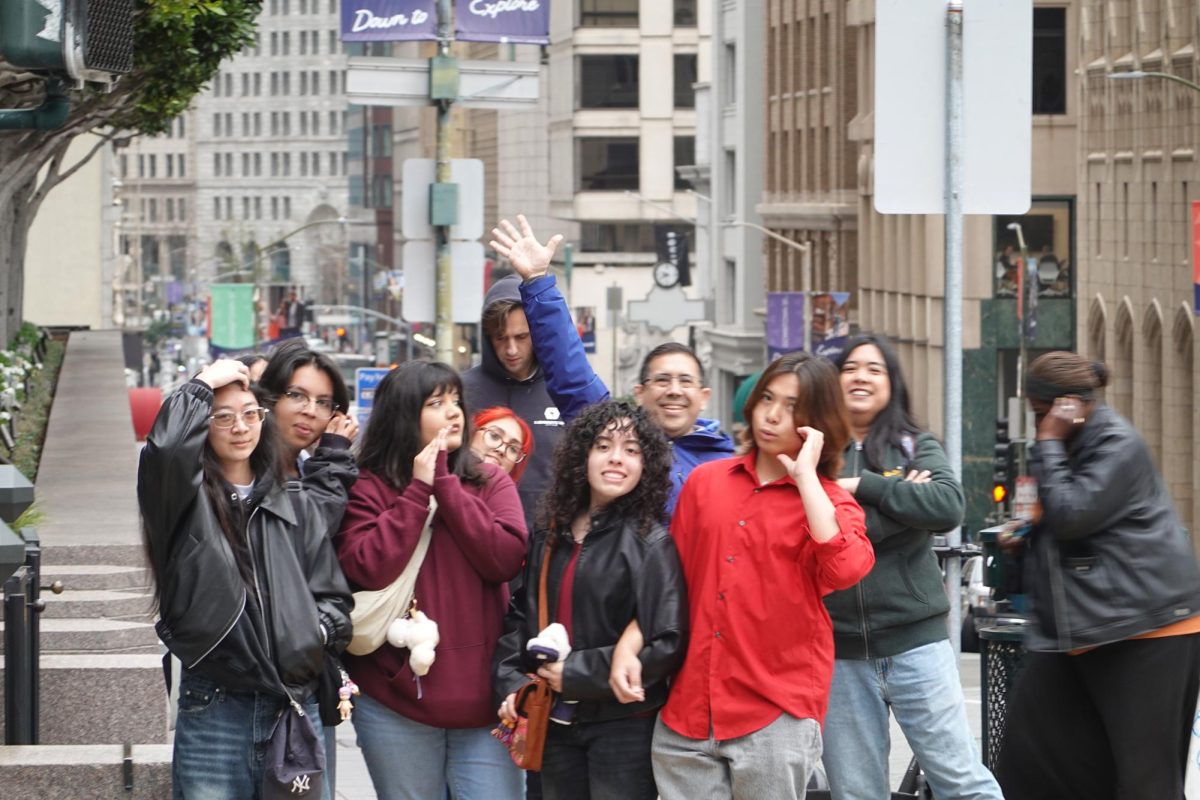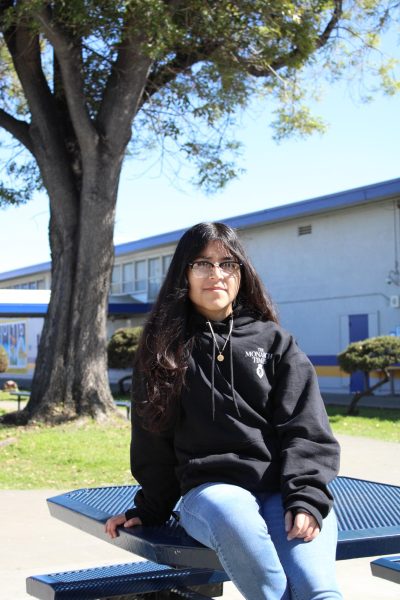Social media is a big part of our lives and its overuse causes negative impacts, including affecting the way we sleep. The usage of social media can significantly disrupt someone’s sleeping schedule primarily by serving as a distraction. With notifications constantly grabbing people’s attention, individuals may find it challenging to get enough sleep.
The constant stimulation from social media can disturb the body’s ability to relax, causing feelings of stress and contributing to insomnia. “Sleep deprivation can worsen anxiety, spurring a negative cycle involving insomnia and anxiety disorder,” said psychiatrist Alex Dmitriu. Social media can be used as a way to distract one’s anxiety. That anxiety can be the leading cause of sleep disruption and can contribute to mental issues among individuals. Additionally, blue light from phone screens can intensify sleep disruptions because its brightness triggers a “chemical” in the brain slowing hormones that regulate sleep.
Statistics underscore the profound impact of social media on sleep patterns, especially on young adults. Adults are more sensible when it comes to their social media use, with around 74.7% experiencing disturbance with their sleeping schedules. However, among young adults aged 18-25, 93% of them report significant sleep disruptions due to social media.
The consequences of sleep deprivation can impact community safety. Especially in regards to activities such as driving while using social media, which is more likely for a young adult to do because of how connected they are to social media and how most of them depend much more on it than adults do. Sleep-deprived individuals are more likely to engage in risky behaviors behind the wheel, such as speeding and distracted driving. Getting more sleep can minimize distractions and increase attentiveness when driving, reducing the likelihood of accidents.
In conclusion, social media has a primarily negative impact on sleeping schedules, contributing to health issues and harming communities at large.

